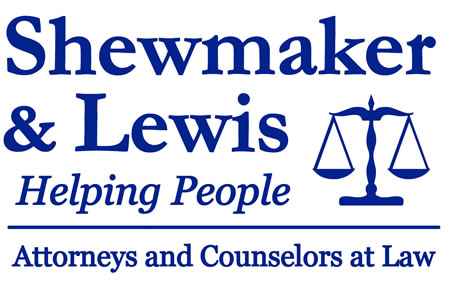In family law, “Hague” cases are cases in which one parent seeks the return of a child who is alleged to have been wrongfully removed or retained from the country of the child’s “habitual residence.” The Hague Convention on the Civil Aspects of Child Abduction is an international treaty, ratified by the United States, and implemented in the United States by the International Child Abduction Remedies Act (“ICARA”).
The Hague Convention provides that a Court may order the responding parent to pay the attorneys fees and expenses for a parent petitioning for the return of a child under the Hague, if the left behind parent prevails. This is important because in many cases, the left behind parent must pay the court costs and attorneys fees to file a petition to seek the return of their child, they also will typically have to pay the cost of coming to court in the United States from a foreign country.
ICARA, the U.S. law implementing the Hague Convention, takes the attorneys fees provision a step further. ICARA provides that the Court shall order the responding parent to pay the attorneys fees and expenses incurred by the left behind parent if the left behind parent prevails unless the responding parent can show the Court that it would be clearly inappropriate. This creates a legal presumption that the responding parent will pay the fees and expenses for the petitioning parent. ICARA mandates attorneys fees rather than makes it permissive.
The 11th Circuit recently addressed this issue in the case of Rath v. Marcoski, Docket No. 18-10403 (August 10, 2018). This is what the 11th Circuit had to say about attorney’s fees:
“We read the statutory text as creating a strong presumption in favor of fee-shifting, rebuttable only by a showing from the losing respondent that an award of attorney’s fees, costs and expenses would be clearly inappropriate…..Though the ‘clearly inappropriate’ inquiry is fact-dependent, two considerations have arisen with some frequency in the case law. One is whether a fee award would impose such a financial hardship that it would significantly impair the respondent’s ability to care for the child. A second is whether a respondent had a good faith belief that her actions in removing or retaining a child were legal or justified.”
In Rath, the 11th Circuit rejected the responding parent’s argument that her she had a good faith belief that her actions were legal or justified.
